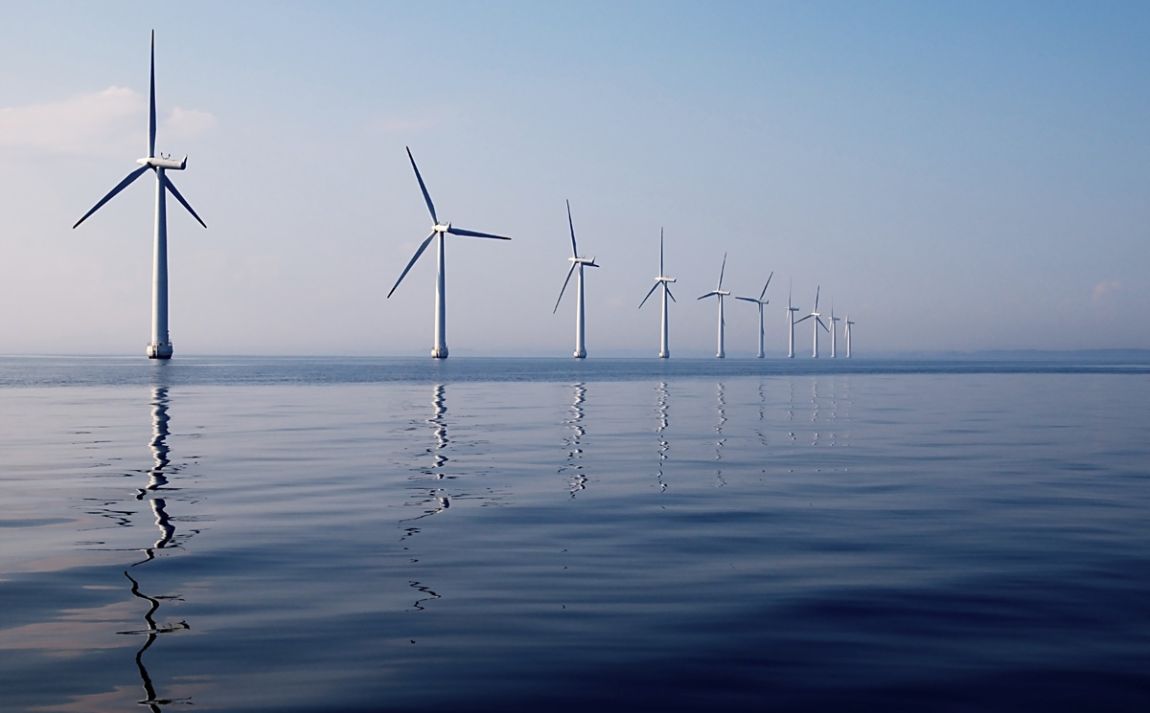Il gruppo di ricerca si occupa della protezione e del monitoraggio delle qualità dell’acqua (naturale e potabile) a garanzia della salute umana e degli ecosistemi; di tecnologie sostenibili ed efficaci per il trattamento di acque da potabilizzare e reflue di diversa origine e, infine, di recupero delle risorse da acque reflue urbane e industriali (fanghi, sottoprodotti, ecc.), sia in termini di componenti (nutrienti, carbonio organico, C02) sia di bioenergia . Le attività di ricerca integrano approcci scientifici e tecnologici attraverso attività sinergiche di modellizzazione dei processi e di sviluppo di sistemi di supporto alle decisioni. Negli ultimi 5 anni il gruppo di ricerca è stato coinvolto in 8 progetti finanziati dall’UE, 13 finanziati su bandi nazionali e diversi contratti di ricerca da enti pubblici e privati. Si raggruppano a seguire le principali attività, basate su competenze e background sviluppate nel corso di molti anni. Il gruppo di ricerca è coinvolto in vari progetti che vanno dallo studio della identificazione del contributo delle diverse fonti dei carichi inquinanti (macro- e micro-inquinanti), alla modellizzazione dei fenomeni di inquinamento, allo sviluppo di metodi di supporto fino alle decisioni in materia di gestione e pianificazione delle risorse ambientali. Per quanto riguarda il supporto alle decisioni, il gruppo ha esperienza nella modellizzazione di diversi comparti ambientali (con particolare riferimento a modelli a scala di bacino) e tale esperienza consente la costruzione di scenari basati sulle informazioni provenienti dai modelli per la valutazione dei potenziali impatti ambientali o per la definizione di nuovi standard. Il gruppo è anche coinvolto in tematiche di gestione di ambienti marini e ha esperienza nella pianificazione dello spazio marittimo – in particolare legata ai temi della gestione integrata delle aree marine protette e della gestione delle attività umane che producono rumore sottomarino. Per quanto riguarda lo sviluppo di diverse tecnologie innovative sostenibili ed efficaci, il gruppo di ricerca è coinvolto in particolare in: metodi adatti a ridurre la massa e il volume dei fanghi di depurazione attraverso processi chimici (ad esempio ozonizzazione) e fisici (ad esempio elettrodisidratazione); processi avanzati, puramente autotrofi, per la rimozione dell’azoto delle acque reflue provenienti da fonti diverse (rifiuti agricoli, digestati, reflui della stampa tessile digitale); destino e rimozione di inquinanti prioritari ed emergenti (pesticidi, prodotti farmaceutici, composti interferenti endocrini, ecc.) in impianti di potabilizzazione e depurazione di acque reflue, per via biologica e chimico-fisica (adsorbimento , AOPs, membrane); metodi combinati chimico-fisici ed enzimatici per aumentare la biodegradabilità anaerobica dei fanghi, residui agro-alimentari, come pre- o post- trattamento alla digestione; metanazione idrogenotrofa di C02, tecnologia applicabile per l’upgrade del biogas e la metanazione di C02, nei processi power to gas e di sfruttamento di energia elettrica rinnovabile in eccesso . Per quanto riguarda il recupero delle risorse, oltre ad alcuni processi menzionati in precedenza, il gruppo di ricerca è coinvolto in: sviluppo e ottimizzazione di processi di disinfezione e analisi di rischio per il riutilizzo delle acque reflue; produzione di biocarburanti da processi biochimici anaerobici, da residui organici solidi e liquidi (biogas, biometano e bioH2 mediante dark fermentation); produzione, estrazione e recupero di composti organici derivanti da metabolismo batterico (PHA, EPS da fanghi granulari, ..); microalghe per recuperare nutrienti e composti specifici dalle acque reflue e sfruttare la C02.

